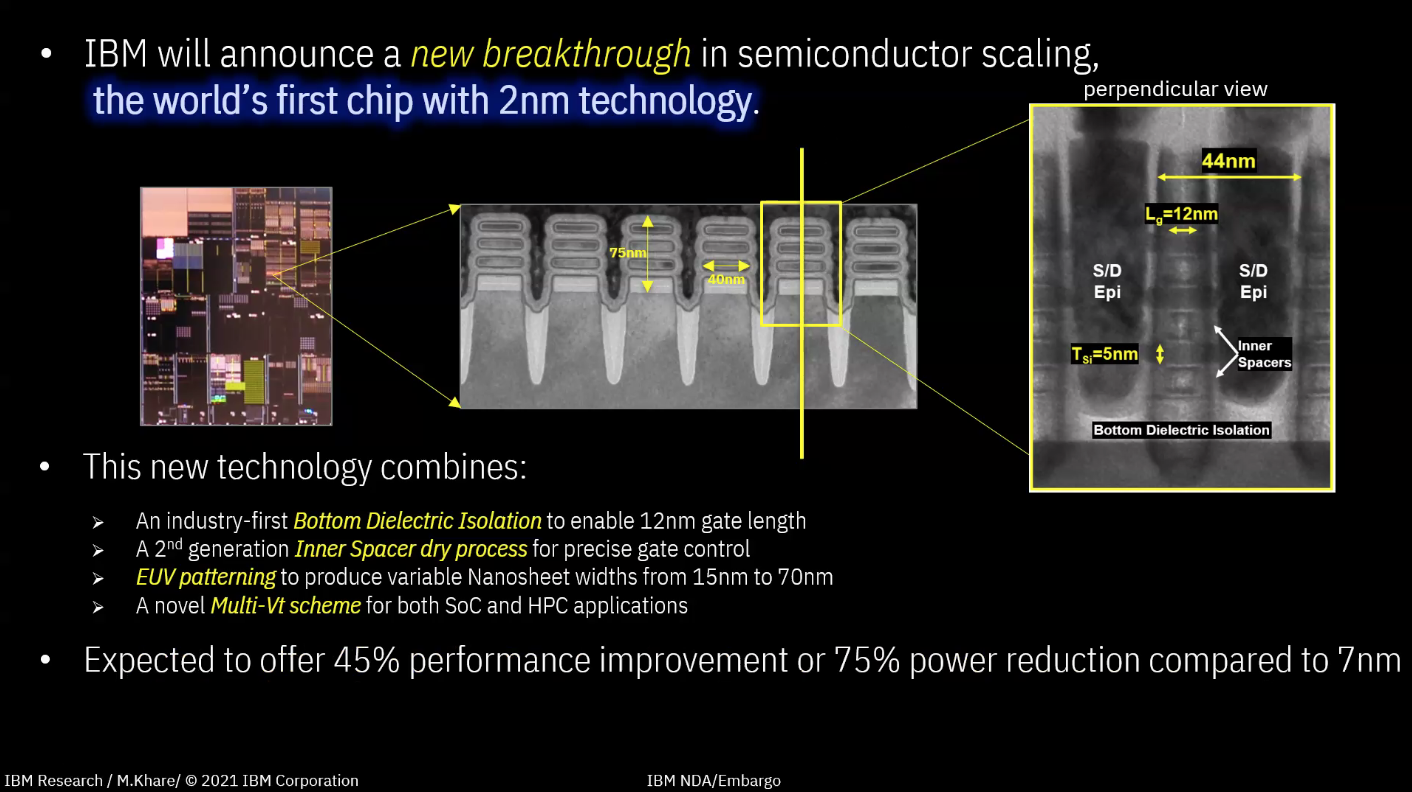IBM’s broad-based manufacturing and design capabilities and ASICs experience expand potential for Java apps on electronics front
New York (03/03/98) — IBM Corp. has licensed a design for Java microprocessors from Sun Microsystems Inc., in a move that could greatly expand the potential for Java applications in a range of consumer electronics devices, the two companies announced today.
The deal, between the microelectronics units of the two companies, calls for IBM to license Sun’s designs for picoJava chips – microprocessors with a Java core — and to offer to build the chips for manufacturers of consumer electronics devices, said officials from the companies in a conference call today.
The chips could go into devices such as cellular phones, smart cards, television set-top boxes, and even automobiles, officials said.
IBM expects products based on picoJava chips of its own manufacture to come on the market at the end of the year or early next year, said Luis Arzubi, vice president of the IBM Microelectronics Division, during the conference call.
PicoJava licensees get the design for the microprocessor core that has the Java byte code embedded into it, then add logic and necessary functions to make this core work within a specific device, officials said.
Microprocessors built with the picoJava core can directly execute the Java Virtual Machine instruction set, eliminating the need for a Java interpreter or just-in-time compiler and accelerating the speed at which Java-based applications execute.
Sun has already licensed the picoJava chip architecture to a number of companies, including LG Semicon Co. Ltd., Mitsubishi Electronics America Inc., NEC Corp. and Samsung Electronics Co. Ltd.
But the IBM deal has the potential of expanding the market for Java applications in a wide variety of devices, said IBM and Sun officials.
The companies that have licensed the picoJava design thus far are likely to use it in chips for devices – either their own or for third parties — in which they have special expertise, said Chet Silvestri, president of Sun’s Microelectronics Division.
“They [non-IBM licensees] are going to do high-volume, more specific applications,” said Silvestri, on the conference call.
But Sun wants to expand the market for Java-based chips beyond the areas that its current picoJava licensees are working in, Silvestri said. Its relationship with IBM is important because the computer giant brings to the table broad-based manufacturing and design capabilities and expertise for application specific integrated circuits (ASICs).
Sun doesn’t have IBM’s wide ranging experience in bringing ASICs to a variety of applications, Silvestri said.
“We can’t possibly address the breadth of requirements in this [consumer electronics] space,” Silvestri said.



